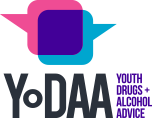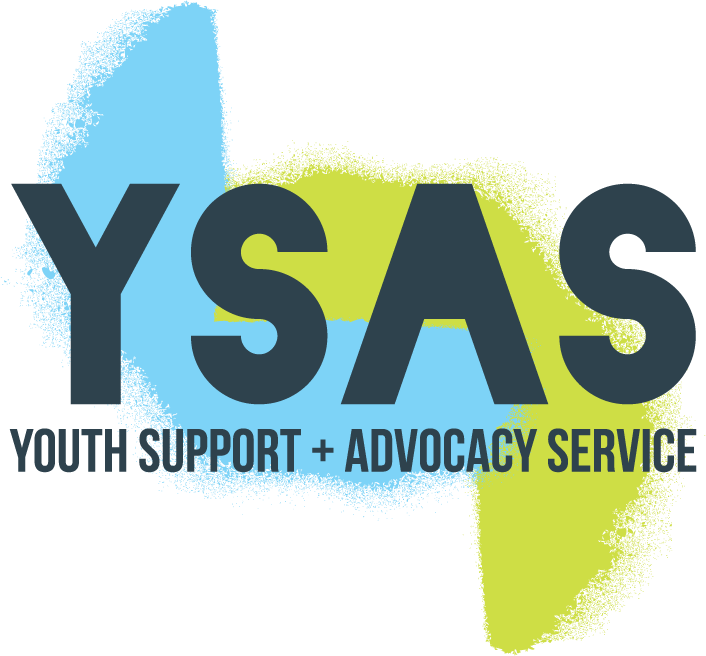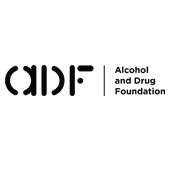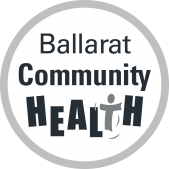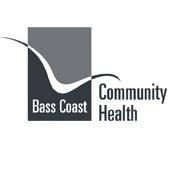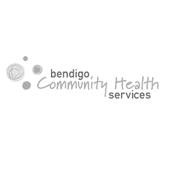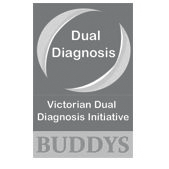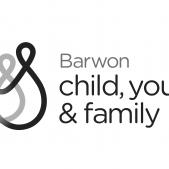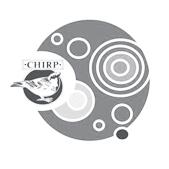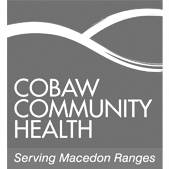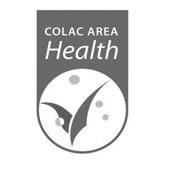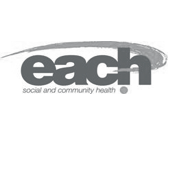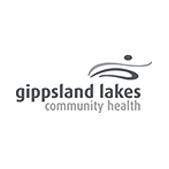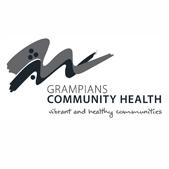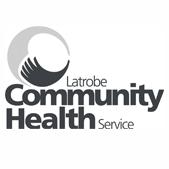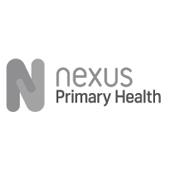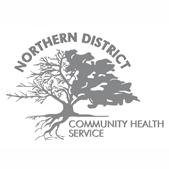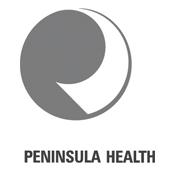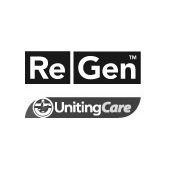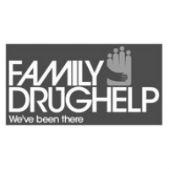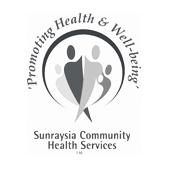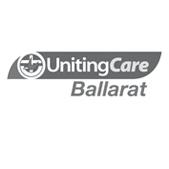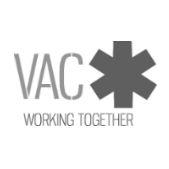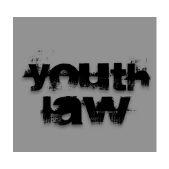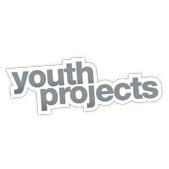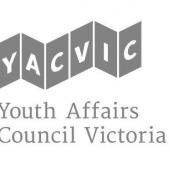A student has told me she is going ‘cold turkey’ what does that mean?
Cold turkey refers to suddenly stopping using a drug (usually opiate based, but could be another substance such as a prescription antidepressant) and deciding to experience withdrawal symptoms for the short term rather than gradually reducing substance use over a longer period of time.
Symptoms a person goes through will depend on the drug, amount and duration of use.
There are risks associated with cold turkey and YoDAA usually advises a gradual reduction instead.
Are there any teaching aids or lesson plans for young people experimenting with cannabis?
Cannabis Information and Support offers several evidence-based resources to help you run interactive and engaging discussion-based activities for secondary school students. The sessions include classroom activities, power point presentations, real life stories, online games, posters and videos.
Should I notify child protection about a 13 year old smoking cannabis.
There is no doubt that smoking cannabis at such a young age is a concern but it is difficult to judge whether or not child protection should be involved on that information alone. It is likely smoking at such a young age is indicative of other concerns that warrant attention. “Child first” agencies may be a great start to explore circumstances and begin supporting this student and their family.
As the wellbeing coordinator my approach is meeting resistance from other teachers. What should I do?
That is a tough situation. Drug and alcohol use is a topic where peoples values play a big part in their approaches and reactions-to the point where even the best evidence for an approach that works is often dismissed because it doesn’t feel right.
What would a guest speaker do for kids?
It all depends on who the speaker is and what their message is. There isn’t a lot of evidence that one-off speakers talking to students about drugs has a huge impact but as part of the overall discussion and teaching about drugs and alcohol it may compliment what teachers and others can provide. In addition it can be very useful for youth workers or health professionals to workshop help seeking strategies and make students aware of local support services.
Does drug ed work?
There are some programs that have been shown to have a positive effect. One is the “Get Ready” program available on the DEECD website. It is important to note though that in order to work, programs like this have to be confidently delivered, in a way that allows students to workshop and discuss the program content. Drug programs don’t work if they are based on a “Just say No” approach or if they are simply information delivered to students. Check out more info about successful drug ed here
Am I condoning drug use if I promote a safety first approach?
No. The most important aspect is to provide accurate and truthful information. The truth is quite a number of young people will at least try alcohol or other drugs even if their use stops there. But even experimental use can be dangerous so discussion and workshopping options for keeping safe are critical.
As a well-being coordinator, should I recommend my school drug tests kids?
You need to think about what the school would be trying to achieve. There is actually no evidence that drug testing students impacts on overall reduction in drug use by students, whereas studies have shown that the quality of the school environment is a powerful factor in reducing drug use problems and increasing student well-being.
I want to support a student but they won’t tell me much.
Young people are used to getting into trouble for things like drug use and there is still a great deal of stigma associated with drug and alcohol issues. Have a look at this info about engaging reluctant students and about working on drug issues even when it’s not a priority for a young person. See if they are helpful!
How do I tell if a young person is using drugs at school?
Many signs and symptoms of drug use and developing problems are are also signs and symptoms of other concerns but understanding what to look for helps identify students requiring monitoring and support. Have a look at this article as a good start on what to look for in a school environment.
A student is stoned in the classroom but they aren’t causing any trouble. What should I do?
Teachers tell us cannabis and alcohol are drugs widely experimented with by students. Even though the student is not causing any trouble, being stoned in class may indicate some issues or problems the student is having and as a teacher or well-being coordinator you are in an ideal position to raise your concern, investigate and support the young person. It is also likely there would be impacts on other students that need to be considered.
What should I suggest to a teacher who has a student turned up drunk to class?
That’s a tricky situation. Remaining calm and attempting to get the young person away from onlooking students and into a place where they can be monitored or even returned to a safe home for the time being would be the priority. When the young person is not substance affected, plans can be made to follow-up on the incident.
As a well-being coordinator, how do I deal with a young person smoking cigarettes at school?
Your schools polices will guide you as to what will happen here but we would advise you take care of “how” you go about raising this issue with a young person. Even circumstances where young people are transgressing limits can be opportunities for engagement, support and care when approached well.
When should a young person be expelled for drug use?
This is a tough one and each school will have its own policies and approaches. When possible, having consequences that keep a young person included in a school community will generally be best for that young person. It is most important that a school employs a whole of school approach and that consequences fit with the incident that occurred.
What is a good drugs program I can run in class time?
DEECD website has a free downloadable resource called “Get Ready”. It is an evidence based drug prevention program. It comes with heaps of info and teacher resources.
Can a young person go to a withdrawal unit if they are still at school?
There is no reason why a young person couldn’t –providing the school was supportive with homework etc or it occurred on holidays. Having said that, if a young person is still connected with school and able to attend it may indicate a less intensive support option is warranted-one that allows the uninterrupted continuation of schooling.
When should I refer a young person to a specialist service?
There isn’t always a definitive line that triggers a referral to a service. This article may provide some good info and of course.
Is it worth getting a guest speaker to talk about drugs?
Where possible it is usually best for students to learn and discuss issues relating to drugs (and other health stuff) from people they know and trust but most importantly they need to be given the opportunities to workshop and discuss issues related to drugs with each other.
